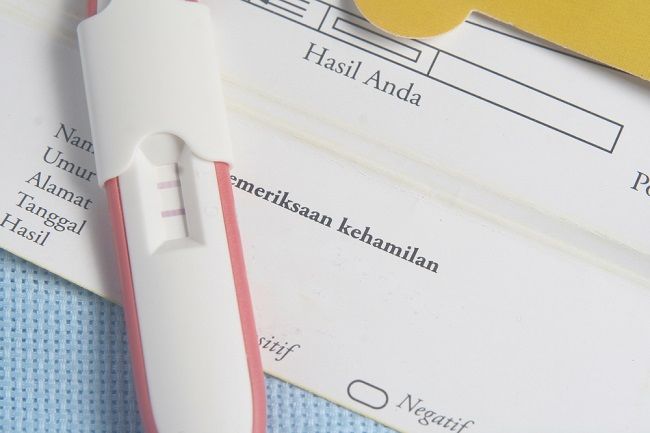Biphasic sleep is a sleep pattern that divides sleep time into two times a day. This sleep pattern is thought to make you more “literate” during the day.
The ideal sleep time for adults is about 7-9 hours per night. However, in the biphasic sleep pattern, the amount and hours of sleep are divided into 2 parts, namely long sleep at night plus short sleep during the day.

This biphasic sleep pattern is believed to have several benefits, such as reducing daytime sleepiness and making you sleep more soundly.
How to Do Biphasic Sleep?
There are several ways to do this biphasic sleep pattern, for example:
- Sleep 6 hours at night, then nap for 1-1.5 hours.
- Sleep 7-8 hours at night, then nap for 30 minutes.
You can divide the biphasic sleep time between day and night according to your needs and daily activities. For example if you work late or work shift at night, then the amount of sleep cut off at night can be added more for nap time.
Biphasic Sleep from the Medical Side
Based on the results of research and several scientific studies, it is known that in the past humans naturally did have a biphasic sleep pattern which was divided into 3-5 hours at night and 3-5 hours during the day. However, due to modernization and the development of technology over time, this sleep pattern changes to 7-8 hours straight every night.
Basically, good sleep that is divided into 2 parts or sleep directly for 7-8 hours every night are equally good for health. But medically, there are several benefits of biphasic sleep that can be obtained, namely:
Increase concentration power
Many people are now adopting a biphasic sleep pattern because they feel that this sleep pattern can make them more productive, more “literate”, and able to get more done.
According to a health research, biphasic sleep with 5-30 minute naps can improve cognitive function and concentration ability. Meanwhile, other studies reveal that napping can overcome the problem of lack of sleep, especially in people who often stay up late.
Increase body energy
Sleep is one of the body's natural ways to gather the energy it will need when doing certain activities and jobs. Biphasic sleep patterns give the body the opportunity to rest more and accumulate that energy.
Therefore, this sleep pattern is proven to increase productivity and make a person more enthusiastic in carrying out daily activities.
Helps maintain blood sugar levels
There is a study that examines the benefits of biphasic sleep in maintaining blood sugar levels. In the study, it is known that people who undergo biphasic sleep appear to have more stable blood sugar levels, so this sleep pattern is considered good for diabetics. This is thought to be because biphasic sleep can help deal with excess stress in the body.
To get the maximum benefit, a biphasic sleep pattern should be done as a routine, with the same sleep schedule every day. This is done to ensure you get enough sleep.
Despite its health benefits, biphasic sleep also has some risks. A biphasic sleep pattern that schedules regular naps can cause difficulty falling asleep at night in some people.
In addition, biphasic sleep patterns are also not suitable for people who have sleep disorders or certain psychological problems, such as depression. This is because people with depression who do biphasic sleep can experience worsening of symptoms.
Interested in trying a biphasic sleep pattern? If you often feel weak and find it difficult to focus due to lack of rest, then this sleeping pattern can be tried. However, if you have a sleep disorder, you should first consult with your doctor before undergoing a biphasic sleep pattern.









